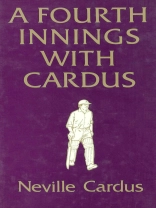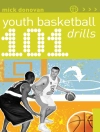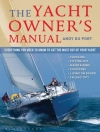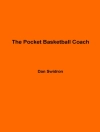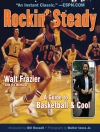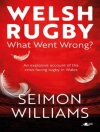In this, another collection of classic cricket writing by Sir Neville Cardus, he urges that the game itself is more important than winning, players should fully express themselves in the game and he writes about those players who delight the senses: Hurst and Hutton, Mc Cabe and Compton. There are essays on the Indians, West Indians and the 1948 Australians who Cardus considered the best team ever to visit England. An outstanding article describes an innings by Compton that he believed to be ‘champagne for the connoisseur, ginger pop for the boys’.
Sobre el autor
Sir John Frederick Neville Cardus, CBE (2 April 1888 – 28 February 1975) was an English writer and critic. From an impoverished home background, and mainly self-educated, he became the Manchester Guardian’s cricket correspondent in 1919 and its chief music critic in 1927, holding the two posts simultaneously until 1940. His contributions to these two distinct fields in the years before the Second World War established his reputation as one of the foremost critics of his generation.Cardus’s approach to cricket writing was innovative, turning what had previously been largely a factual form into vivid description and criticism; he is considered by contemporaries to have influenced every subsequent cricket writer. Cardus’s opinions and judgments were often forthright and unsparing, which sometimes caused friction. Nevertheless, his personal charm and gregarious manner enabled him to form lasting friendships in the cricketing and musical worlds, with among others Newman, Sir Thomas Beecham and Sir Donald Bradman.Cardus spent the Second World War years in Australia, where he wrote for The Sydney Morning Herald and gave regular radio talks. He also wrote books on music, and completed his autobiography. After his return to England he resumed his connection with the Manchester Guardian as its London music critic. He continued to write on cricket, and produced books on both his specialisms. Cardus’s work was publicly recognised by his appointment as a Commander of the Order of the British Empire (CBE) in 1964 and the award of a knighthood in 1967, while the music and cricket worlds acknowledged him with numerous honours.
